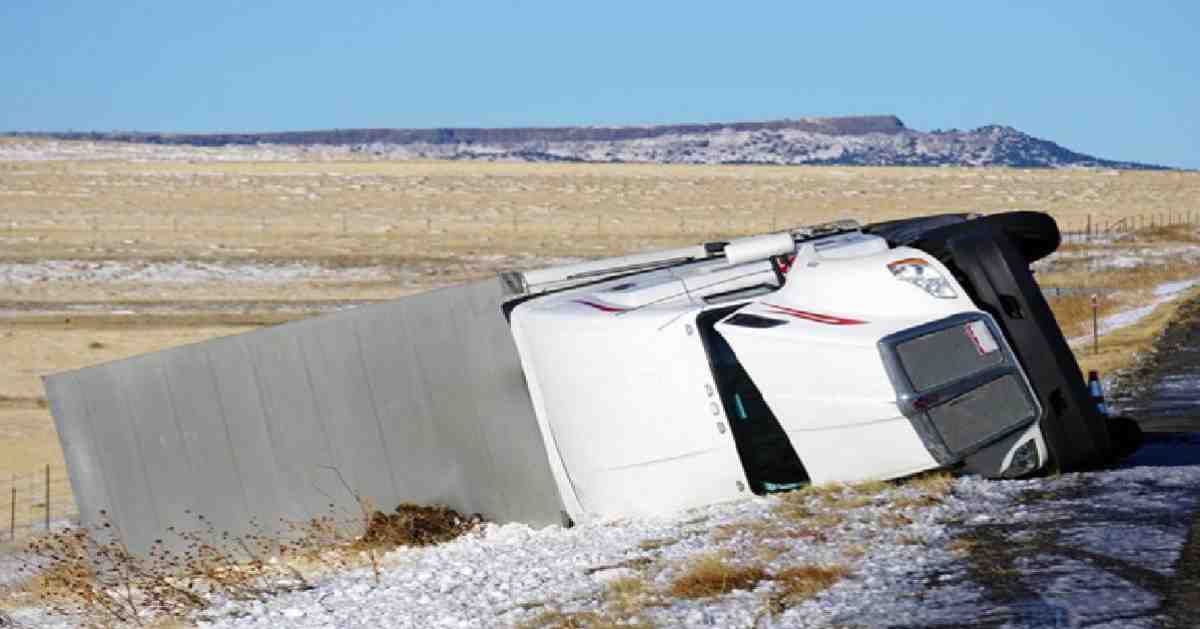The Statute of Limitations for Truck Accidents in New York

Truck accidents are a major concern on the roads of New York, and they can result in devastating consequences. As stated by the New York State Department of Motor Vehicles, over 11,000 truck accidents occurred in 2019 alone, leading to unfortunate injuries and fatalities. The causes of truck accidents in New York can vary and include driver negligence, equipment failure, and hazardous weather conditions. However, there are certain laws commonly applied to most truck accidents.
In case you have been an unlucky party involved in a truck accident, take note that understanding the statute of limitations is a must in order to file a claim. So read on to get a good understanding of the term and what it entails.
The Statute of Limitations: What Does It Mean?
The statute of limitations refers to the time frame within which a person has to file a lawsuit. In New York, for personal injury claims due to truck accidents, the statute of limitations is three years from the date the accident takes place. If you don’t file a claim within 3 years from the day of your accident, you might lose the right to seek compensation for your injuries.
An essential aspect of the legal system, the statute of limitations ensures the timely resolution of legal cases. It can prevent evidence from getting lost or destroyed over time, which can make it harder to establish liability and recover damages.
Truck Accidents in New York: Common Causes
Truck accidents can have numerous causes, some of which are unique to the trucking industry. In New York, some of the most common causes of truck accidents include:
- Driver Fatigue: Truck drivers are put under pressure to meet tight deadlines, making them drive even when tired. Fatigue can cause slower reaction times and impair judgment, leading to accidents.
- Distracted Driving: Truck drivers can be distracted by cell phones, GPS systems, or other devices while driving. This can take their attention away from the road, causing accidents.
- Improper Maintenance: Trucks require regular maintenance to ensure that they are safe to operate. Neglecting maintenance can lead to equipment failure and accidents.
- Overloading: Overloaded trucks can be difficult to control, especially in hazardous weather conditions, which can result in accidents and injuries.
- Inadequate Training: Truck drivers require specialized training to operate these large vehicles safely, as a lack of proper training can lead to accidents.
Exceptions to the Statute of Limitations
There are some exceptions to the statute of limitations for truck accidents in New York. One exception is the discovery rule, which allows the statute of limitations to be extended if the injury or damage resulting from the accident is not immediately apparent. In such cases, the statute of limitations would begin from the date the injury or damage was discovered or should have been discovered through reasonable diligence.
Another exception applies to minors. If a minor gets injured in a truck accident, the statute of limitations only begins after they turn 18 years old. This means that the minor would have three years from their 18th birthday to file a claim.
Conclusion
Truck accidents are a serious concern on New York roads, and the statute of limitations for filing a claim is an important consideration for victims. Suppose you have been involved in a truck accident. It is absolutely important to seek medical attention and speak with an experienced lawyer when you get a chance. The statute of limitations for truck accident claims in New York is three years from the date the accident occurs; however, some exceptions may apply. By understanding the statute of limitations and the causes of truck accidents in New York, victims can protect their rights and receive the compensation they deserve.
